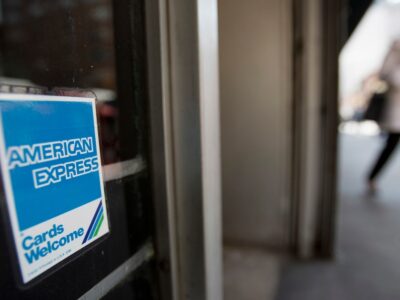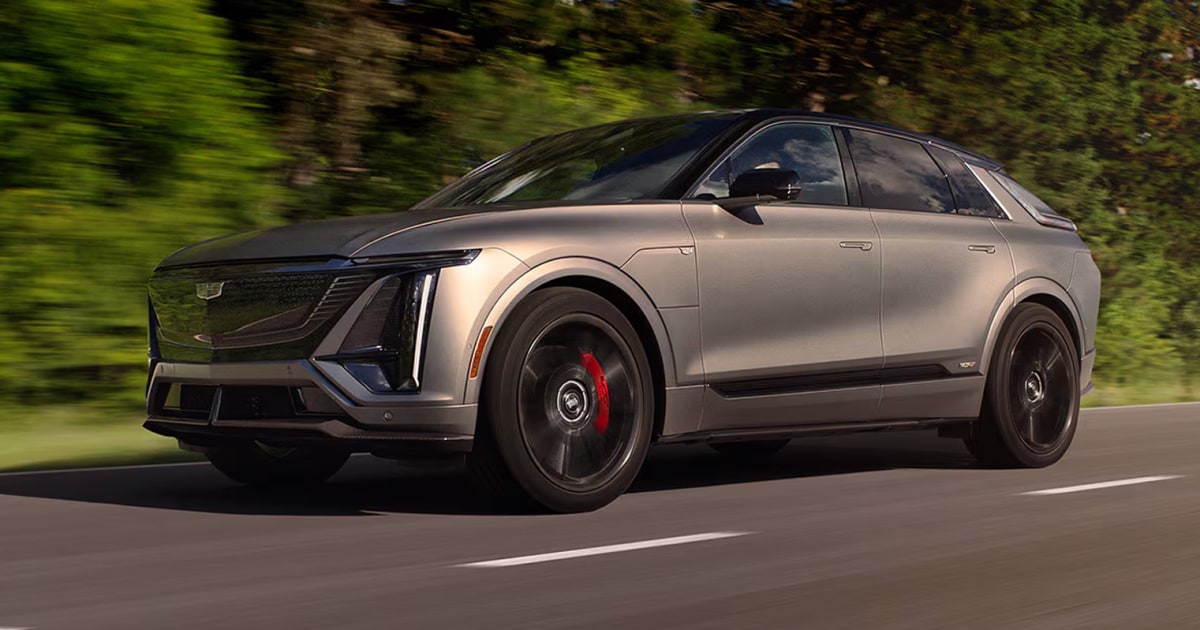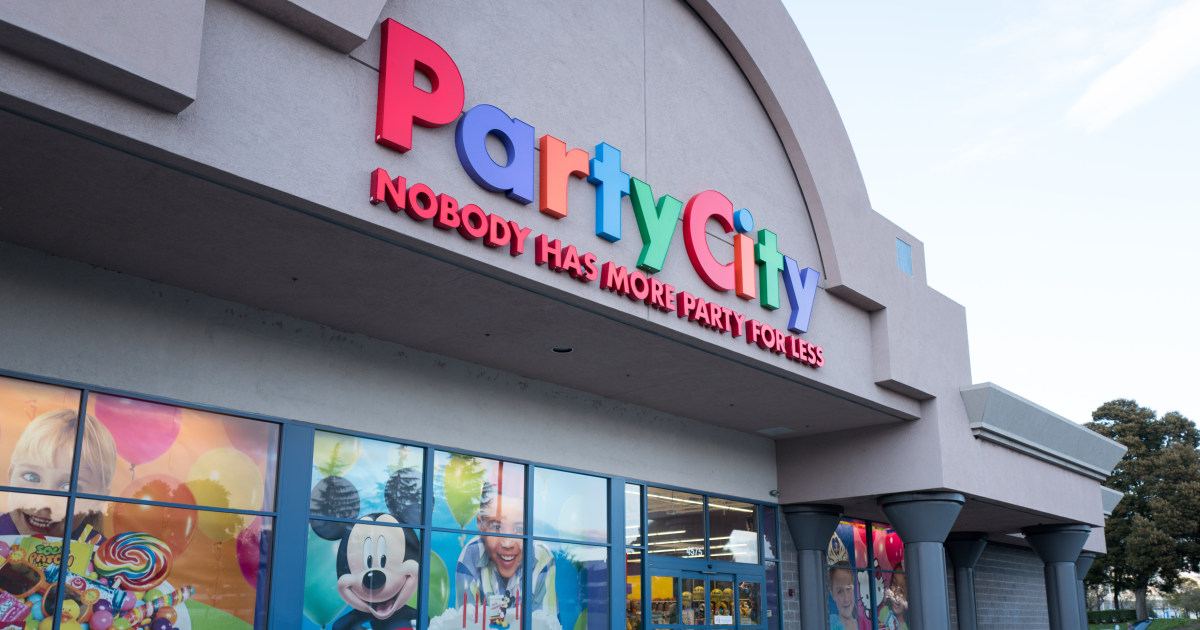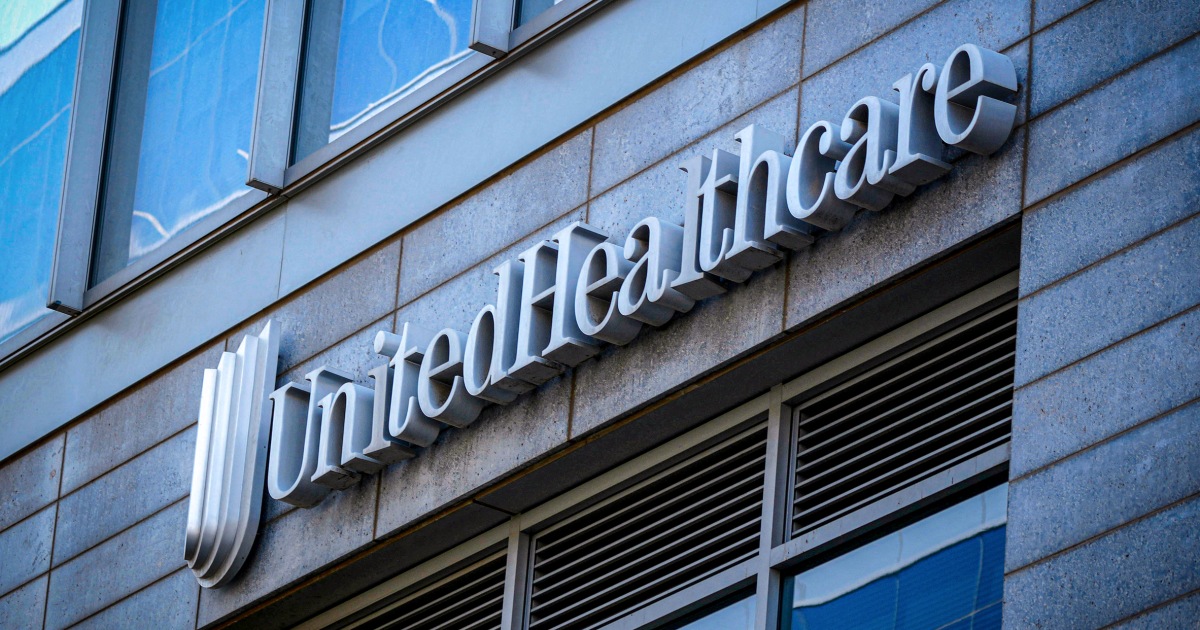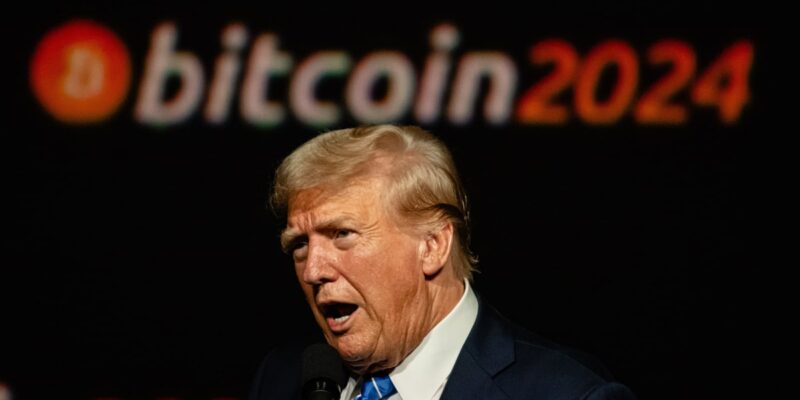
President Donald Trump announced Thursday that his administration will evaluate whether to create a “national digital asset stockpile” — making good on a promise to support the use of cryptocurrencies like bitcoin.
However, his executive order fell short of creating a strategic bitcoin reserve outright, as some crypto advocates had hoped.
The price of bitcoin briefly surged on the news, but fell back to daily lows as traders took stock of the move.
The idea of a strategic reserve of digital tokens like bitcoin has long been floated in cryptocurrency circles, but gained traction this summer, when both Trump and Robert F. Kennedy Jr., Trump’s nominee for Health and Human Services Secretary, discussed it at the annual Bitcoin conference.
Trump reaffirmed his intention to create a reserve in a CNBC interview in December, stating it was incumbent upon the United States to be a leader in cryptocurrency technology, especially relative to China.
Advocates have called for the creation of a reserve on the grounds that bitcoin is the new “digital gold.” Just as the United States holds gold reserves, crypto advocates say, it should own bitcoin, as well.
“I think the world is moving to a bitcoin standard for money,” Brian Armstrong, the CEO of the crypto group Coinbase, said this week at the World Economic Forum in Davos, Switzerland, according to Yahoo News. “Any government who holds gold should also hold bitcoin as a reserve.”
Hours before Trump’s order on Thursday, Sen. Cynthia Lummis, R-Wyo., a longtime bitcoin advocate, released a statement upon her appointment as chair of the Senate Banking Subcommittee on Digital Assets calling for the creation of a strategic bitcoin reserve, which she said would “strengthen the U.S. dollar” and maintain the United States’ status as a financial innovator.
During his presidential campaign, Trump heavily courted the crypto community, which eventually became his largest donor group.
Along the way, he promised to make the United States “the crypto capital of the world,” and on the campaign trail said he would undo Biden-era restrictions and constraints on crypto activity.
Just before Trump took office, questions arose about the extent to which he intended to directly benefit from pro-crypto measures. Last Friday, he launched his own digital token, $TRUMP. Although the token has no intrinsic value as a “memecoin,” its price was rapidly bid up as investors quickly viewed it as a means for tracking the success of the Trump administration. Yet less than 48 hours later, first lady Melania Trump issued her own coin, causing a substantial number of people in the cryptocurrency community, including previous Trump supporters, to criticize the launches as a means of personally benefiting from their positions.
When it comes to conflicts of interest, Trump is in largely unchartered territory. It is not clear if he owns any bitcoin directly — though Vice President JD Vance owned $250,000 to $500,000 worth, according to disclosure forms. Trump voluntarily released an ethics document just before taking office that said he would limit his involvement in the Trump Organization while in office.
Also in Thursday’s order, Trump reversed a Biden administration directive to research a U.S. digital currency, often called a central bank digital currency, or CBDC. Such currencies been adopted and researched by some governments around the world, but they have also been viewed with scrutiny and skepticism by some who cite privacy and surveillance concerns.
Trump’s order, which said CBDCs “threaten the stability of the financial system, individual privacy, and the sovereignty of the United States,” prohibits the establishing, issuing or circulating a CBDC in the United States.


